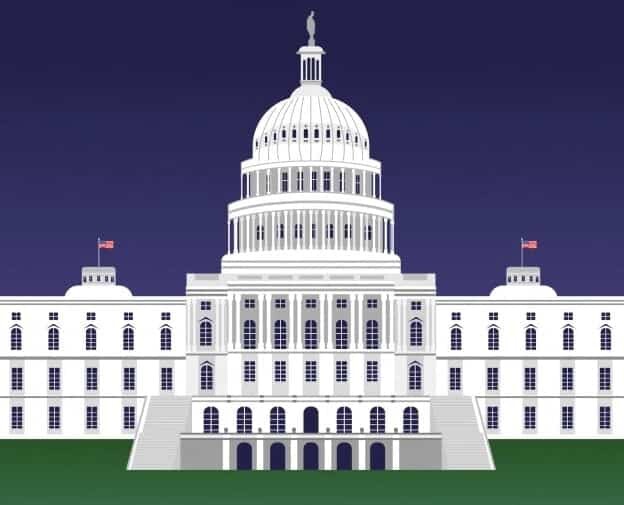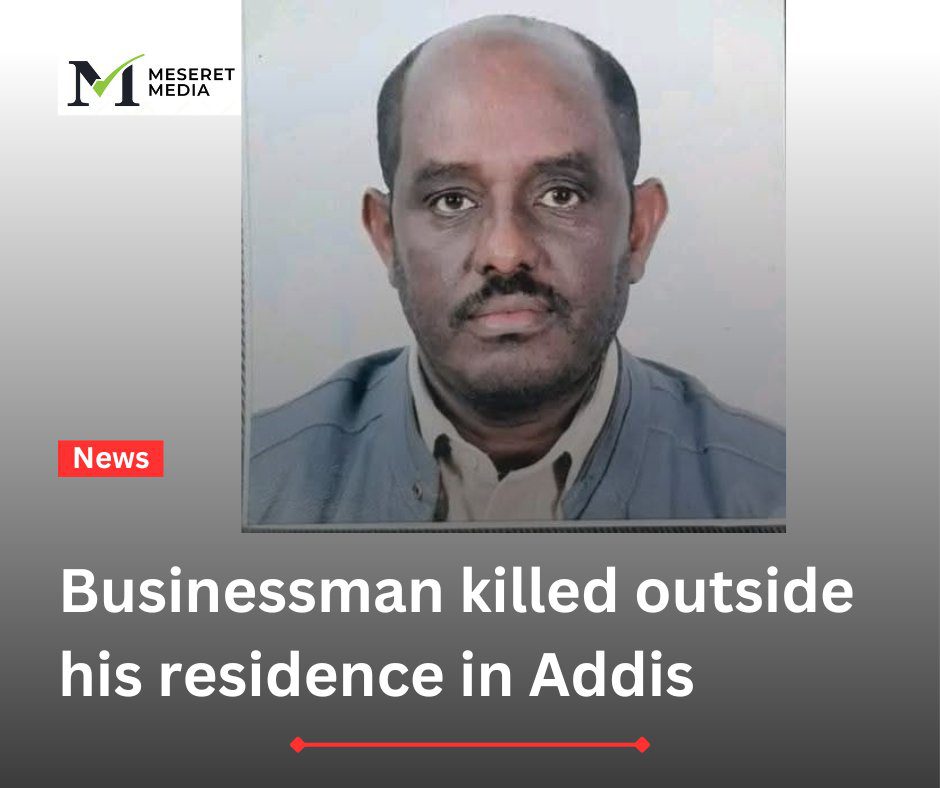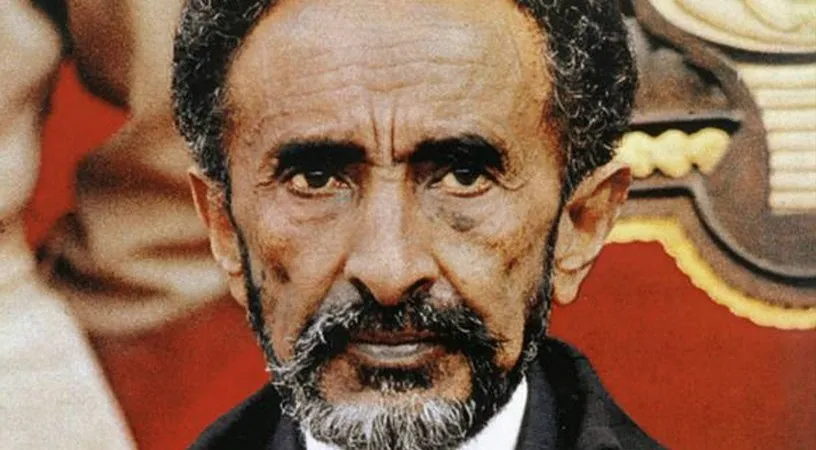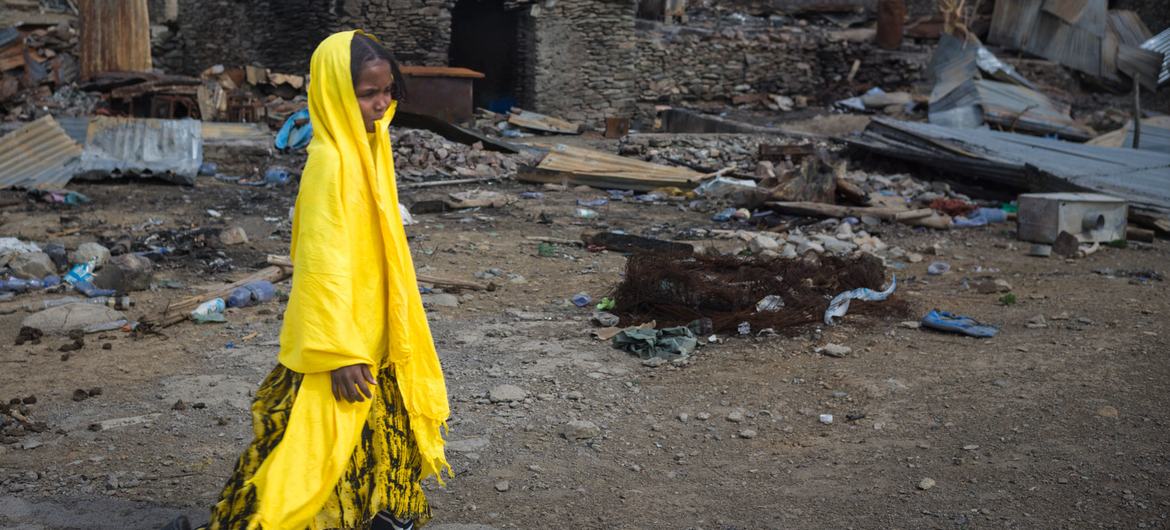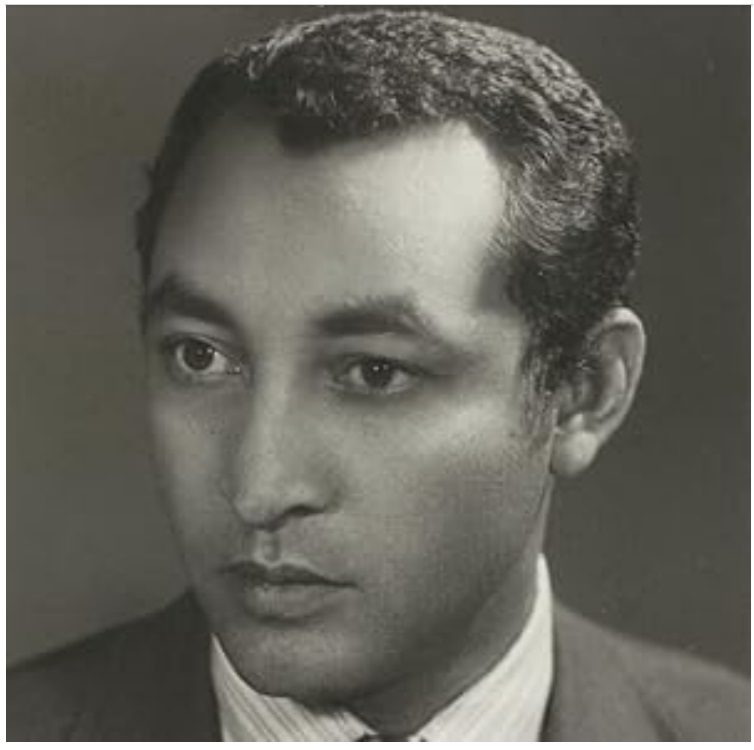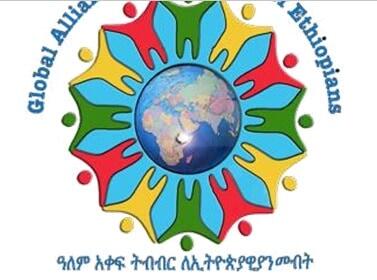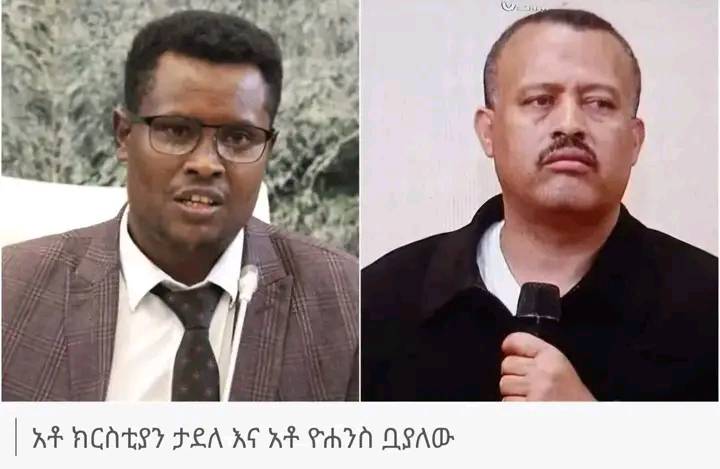The question “Are you Oromo or Ethiopian first?” touches on identity, a deeply personal, sometimes complex topic. For many people, identity is multilayered and situational. Some might prioritize their ethnic identity as Oromo, emphasizing cultural, linguistic, or historical connections. Others may see their Ethiopian national identity as paramount, focusing on shared history, sovereignty, or a sense of unity with the broader population.
For many, the answer is not about choosing one over the other but recognizing that these identities coexist and enrich each other. People can proudly embrace being Oromo and Ethiopian without contradiction, celebrating their specific heritage while also valuing their place within Ethiopia as a diverse and multifaceted nation.
How individuals prioritize these aspects often depends on their personal experiences, upbringing, and the political or social context they navigate.
I understand that for individuals like Jawar Mohamed, declaring “I am Oromo first” reflects a strong emphasis on ethnic identity and the historical, cultural, and political experiences tied to being Oromo. Such statements often serve to highlight a perspective or call attention to specific issues affecting a community within the broader national context.
For others, prioritizing an Ethiopian identity might reflect a commitment to national unity or a pan-Ethiopian perspective. Both positions are valid expressions of identity and are deeply influenced by individual experiences, values, and contexts.
It’s worth noting that identity is multifaceted, and for many people, being Oromo and Ethiopian are not mutually exclusive but complementary aspects of who they are. The importance placed on one over the other often depends on the situation and the message someone wishes to convey.
By Alyou Tebeje


